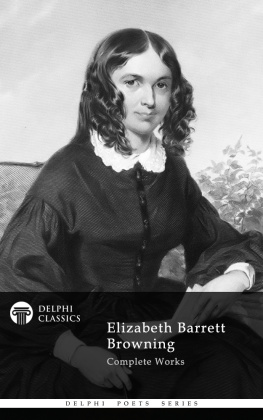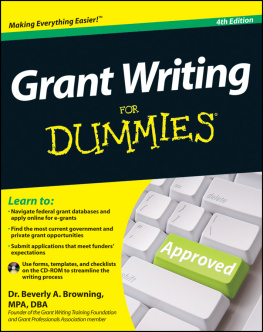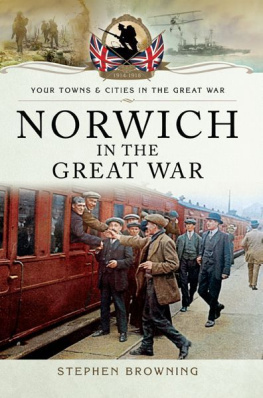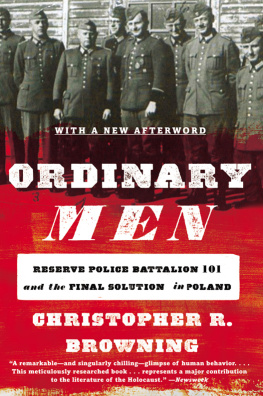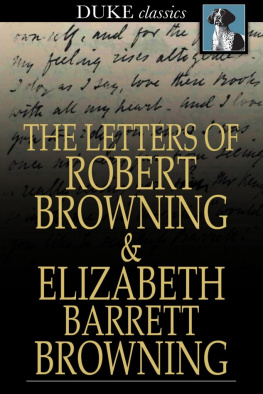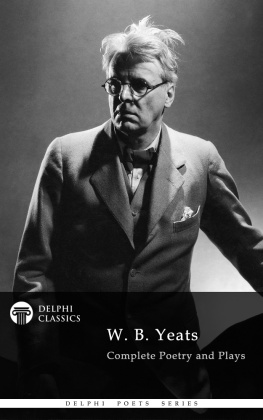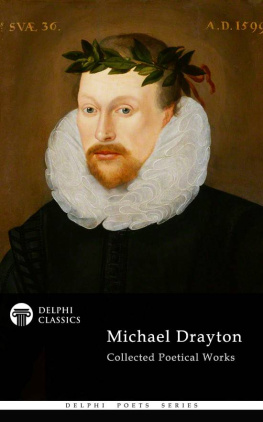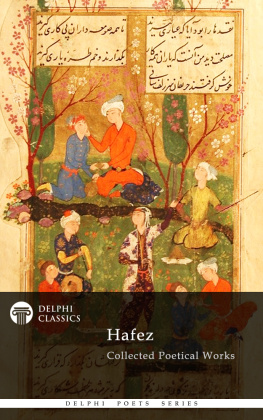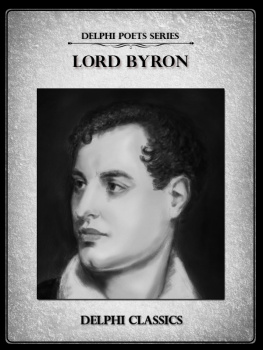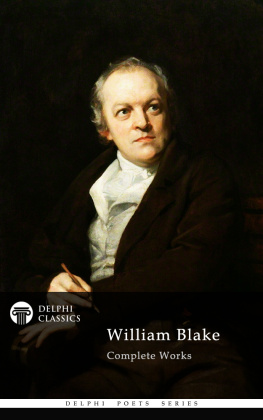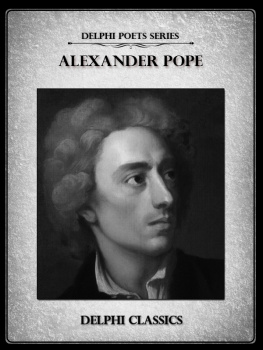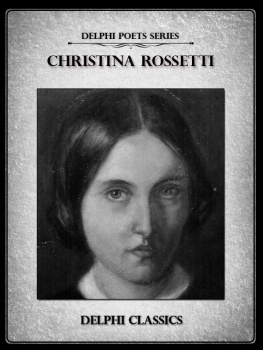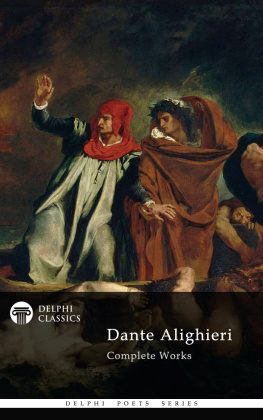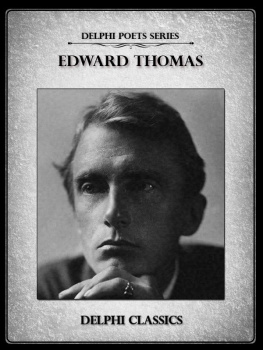

ELIZABETH BARRETT BROWNING
(1806-1861)

Contents
The Letters

Delphi Classics 2013
Version 1


ELIZABETH BARRETT BROWNING

By Delphi Classics, 2013
NOTE

When reading poetry on an eReader, it is advisable to use a small font size, which will allow the lines of poetry to display correctly.
The Poetry Collections

Elizabeth Barrett Moulton-Barrett was born on 6 March 1806, in Coxhoe Hall, between the villages of Coxhoe and Kelloe in County Durham. Her parents were wealthy Sugar plantation owners, who leased the hall when they returned to England from the West Indies.

The house shortly before it was demolished by the National Coal Board in 1956.

The poet, aged nine
THE BATTLE OF MARATHON

Elizabeth Barrett Browning (18061861) was born into a wealthy family, whose ancestors had owned estates in northern Jamaica for several centuries. The poets maternal grandfather owned sugar plantations, mills, glassworks and ships that traded between the West Indies and Newcastle. Elizabeths father chose to raise his family in England, while his fortune grew in Jamaica. Her parents were Edward Barrett Moulton Barrett and Mary Graham Clarke and she was the eldest of twelve children. When she was nine, her father bought Hope End, a 500-acre estate near the Malvern Hills in Ledbury, Herefordshire, where Elizabeth spent her childhood and was inspired to write much of her early poetry.
She was educated at home and attended lessons from a private tutor with her oldest brother. During this period, she was an intensely studious and precocious child, reading novels at the age of six, studying Alexander Popes translations of Homer aged eight and studying Greek at ten. It was at this young age that Barrett Browning began writing her own Homeric epic, The Battle of Marathon . Her mother compiled early efforts of the childs poetry into collections and her father titled her the Poet Laureate of Hope End, being a great encouragement to his daughter in her work. On her fourteenth birthday her father gave the gift of 50 printed copies of the epic poem.
It recounts the famous ancient battle, which took place in 490 BC, during the first Persian invasion of Greece. The Battle of Marathon was fought between the citizens of Athens, aided by Plataea, and a Persian force commanded by Datis and Artaphernes. It was the culmination of the first attempt by Persia, under King Darius I, to subjugate Greece.

In 1809, after the birth of their fifth child, Barrett Brownings parents bought Hope End, near the Malvern Hills in Herefordshire, where Elizabeth spent her childhood.
CONTENTS
BATTLE OF MARATHON: BOOK IV.

The Battle of Marathon

The site of the battle today
THE BATTLE OF MARATHON
A POEM.
Behold
What care employs me now, my vows I pay
To the sweet Muses, teachers of my youth!
Akenside.
Ancient of days! August Athena! Where!
Where are thy men of might, thy grand in soul!
Gone glimmering through the dream of things that were.
First in the race that led to glorys goal,
They won, and passed away.
Byron.
TO HIM,
TO WHOM I OWE THE MOST,
And whose Admonitions have guided my Youthful Muse even from her earliest infancy,
TO THE FATHER,
Whose never-failing kindness, whose unwearied affection I never can repay,
I OFFER THESE PAGES,
AS A SMALL TESTIMONY OF THE GRATITUDE OF HIS AFFECTIONATE CHILD,
ELIZABETH B. BARRETT
Hope End, 1819.
Preface.
That Poetry is the first, and most celebrated of all the fine arts, has not been denied in any age, or by any philosopher. The culture of the soul, which Sallust so nobly describes, is necessary to those refined pleasures, and elegant enjoyments, in which man displays his superiority to brutes. It is alone the elevation of the soul, not the form of the body, which constitutes the proud distinction, according to the learned historian, Alterum nobis cum diis, alterum cum belluis commune est. The noblest of the productions of man, that which inspires the enthusiasm of virtue, the energy of truth, is Poetry: Poetry elevates the mind to Heaven, kindles within it unwonted fires, and bids it throb with feelings exalting to its nature.
This humble attempt may by some be unfortunately attributed to vanity, to an affectation of talent, or to the still more absurd desire of being thought a genius. With the humility and deference due to their judgments, I wish to plead not guilty to their accusations, and, with submission, to offer these pages to the perusal of the few kind and partial friends who may condescend to read them, assured that their criticism will be tempered with mercy.
Happily it is not now, as it was in the days of Pope, who was so early in actual danger of thinking himself the greatest genius of the age. Now, even the female may drive her Pegasus through the realms of Parnassus, without being saluted with that most equivocal of all appellations, a learned lady; without being celebrated by her friends as a Sappho, or traduced by her enemies as a pedant; without being abused in the Heview, or criticised in society; how justly then may a child hope to pass unheeded!
In these reading days, there need be little vulgar anxiety among Poets for the fate of their works: the public taste is no longer so epicurean. As the press pours forth profusion, the literary multitude eagerly receive its lavish offerings, while the sublimity of Homer, and the majesty of Virgil, those grand and solitary specimens of ancient poetic excel- lence, so renowned through the lapse of ages, are by many read only as school books, and are justly estimated alone by the comparative few, whose hearts can be touched by the grandeur of their sentiments, or exalted by their kindred fire; by them this dereliction must be felt, but they can do no more than mourn over this semblance of decline in literary judgment and poetic taste. Yet, in contemplating the Poets of our own times (for there are real Poets, though they be mingled with an inferior multitude of the common herd) who, unsophisticated by prejudice, can peruse those inspired pages emitted from the soul of Byron, or who can be dazzled by the gems sparkling from the rich mine of the imagination of Moodie, or captivated by scenes glowing in the descriptive powers of Scott, without a proud consciousness that our day may boast the exuberance of true poetic genius? And if criticism be somewhat too general in its suffrage, may it not be attributed to an overwhelming abundance of cotemporary Authors, which induces it to err in discrimination, and may cause its praises to be frequently ill-merited, and its censures ill-deserved; as the eye, wandering over a garden where flowers are mingled with weeds, harassed by exertion, and dimmed by the brilliancy of colors, frequently mistakes the flower for the weed, and the weed for the flower.
Next page
